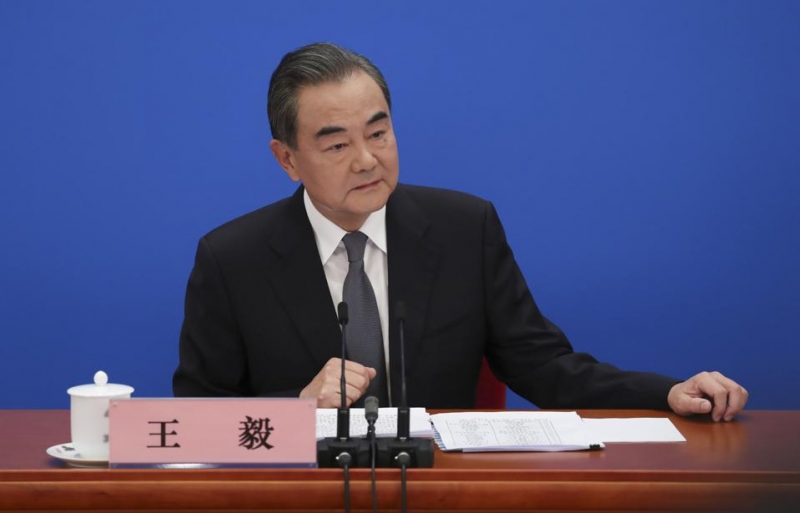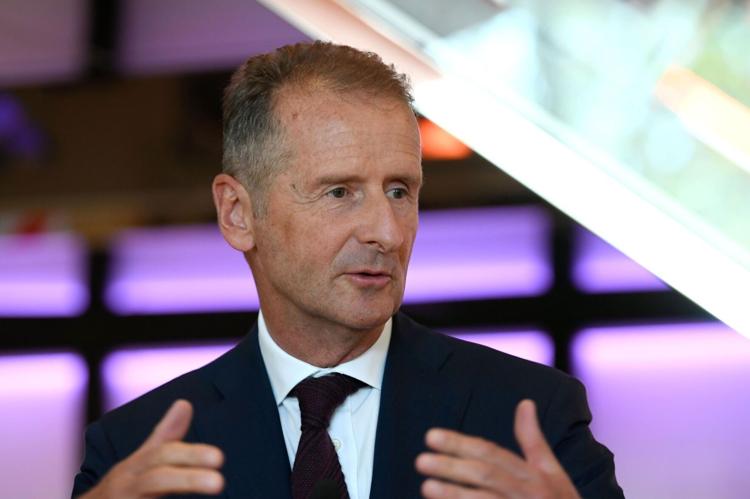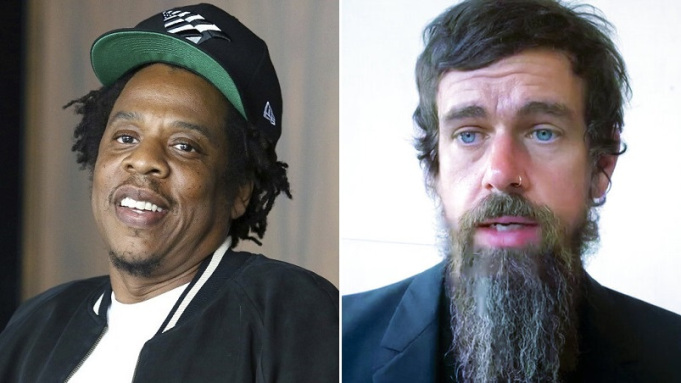The initiative, announced by Chinese Foreign Minister Wang Yi, will focus on stopping the use of technology to impair critical infrastructure or steal data from other nations, and making sure service providers don’t install backdoors in their products and illegally obtain user data.
Announcing the initiative, Wang focused on restricting mass surveillance by foreign actors, stating that Beijing opposes the abuse of networks to “conduct mass surveillance against other States or engage in unauthorized collection of personal information of other States.”
Wang also urged governments to respect countries’ sovereignty over their own internet, in line with Beijing’s view on exercising full control over the internet within its borders.
Last month the U.S. government directly targeted the Chinese government and its tech companies through its “Clean Network” initiative, which calls for “safeguarding the nation’s assets including citizens’ privacy and companies’ most sensitive information from aggressive intrusions by malign actors, such as the Chinese Communist Party.”
In recent months, the Trump administration has cracked down on Chinese tech platforms like TikTok and WeChat, accusing them of sharing private user data of U.S. citizens with the Chinese government and its military.
Wang denied this accusation, stating “We have not and will not ask Chinese companies to transfer data overseas to the government in breach of other countries’ laws.”
In a veiled attack on Washington’s actions against Chinese tech firms, Wang said: “A certain country keeps making groundless accusations against others in the name of a ‘clean’ network and uses security as a pretext to prey on enterprises of other countries that have a competitive edge. Such blatant acts of bullying must be opposed and rejected.”
In an interview earlier this year with the British tabloid the Sun, U.S. Secretary of State Mike Pompeo said, “It is not possible to have your personal information flow across a Chinese server without the rest of that information ending up in the hands of the Chinese Communist Party. This is not about any particular company, it is about the obligation to protect the data of American citizens.”
Amidst escalating trade and geopolitical tensions between the U.S. and China, the Trump administration has moved to target Chinese tech firms like Huawei, Tencent and TikTok parent Bytedance. In June the Federal Communications Commission designated Huawei as a threat to U.S. national security, barring telephone companies who rely on the FCC’s $8.3 billion subsidy fund from buying Huawei’s network equipment. In August, Trump signed two executive orders, one on August 6 which intends to block any U.S. based transactions with TikTok, WeChat and their Chinese parent firms ByteDance and Tencent 45-days after the order. A second-order was issued on August 14 that gave ByteDance 90 days to divest TikTok’s operations in the U.S. Prior to Wang’s statement on Tuesday, the strongest Chinese pushback against the U.S. government’s actions had primarily come from Chinese state-controlled media, with China Daily writing last month that “China will by no means accept the ‘theft’ of a Chinese technology company, and it has plenty of ways to respond if the administration carries out its planned smash and grab.”

Forbes Georgia
"Forbes Georgia-ის სარედაქციო ბლოგპოსტების სერია "როგორ გამდიდრდა“ და "საქართველო რეიტინგებში".












